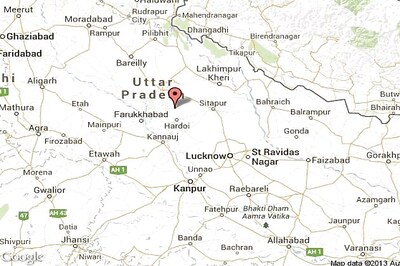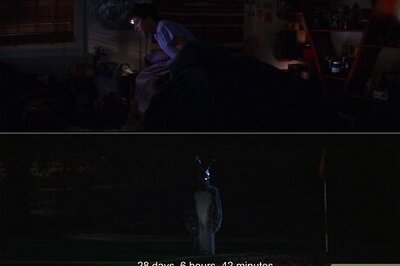
views
Toronto: A 16-year-old Pakistani Canadian girl Aqsa Parvez was killed by her father when she refused to wear a hijab in the suburb of Mississauga on Monday, police said.
Muhammad Parvez, 57, called the police after the incident. When police and ambulance reached the two-storey residence, which is dominated by South Asians, they found the girl lying unconscious.
She was rushed to a nearby hospital and later shifted to a hospital in Toronto and put on life support system, but the girl succumbed to her injuries. Parvez was arrested and later remanded to police custody.
Aqsa's classmates at the local Applewood Heights Secondary School said the girl had problems with her family for sometime as she refused to wear the hijab, the headdress worn by Muslim women in some countries.
On her father's insistence, they said, she would wear the hijab while leaving home only to replace it with trendy clothes when she reached school. They recalled how she would sometimes run to the washroom to change into modern dress.
The incident has sent shock waves across Canada. Toronto-based Sonia Ahmed, who runs the Miss World Pakistan and grooms Pakistani-origin girls for Miss Bikini and other pageants, angrily said, "The hijab was never a part of Pakistani dress. It is an Arab imposition. This should be banned all over North America."
"Ninety-nine per cent of our girls want to be free. But because of parental restrictions, they are forced to live dual lives. At home, they live as their parents want. But outside, they have all the fun," Ahmed added.
Ausma Khan, editor-in-chief of Muslim Girl magazine, was also outraged: "It is a tiny minority for whom the hijab is an issue. Many of our readers in the 18-24 age group say hijab is an expression of their personality. It is their choice, not anybody's imposition."
Opposing parental impositions on young girls, she added, "I am sure the tragedy will spark a debate on what is wrong with the Muslims and the issues surrounding the hijab. But this tragedy is an example of a cultural and generational conflict."




















Comments
0 comment